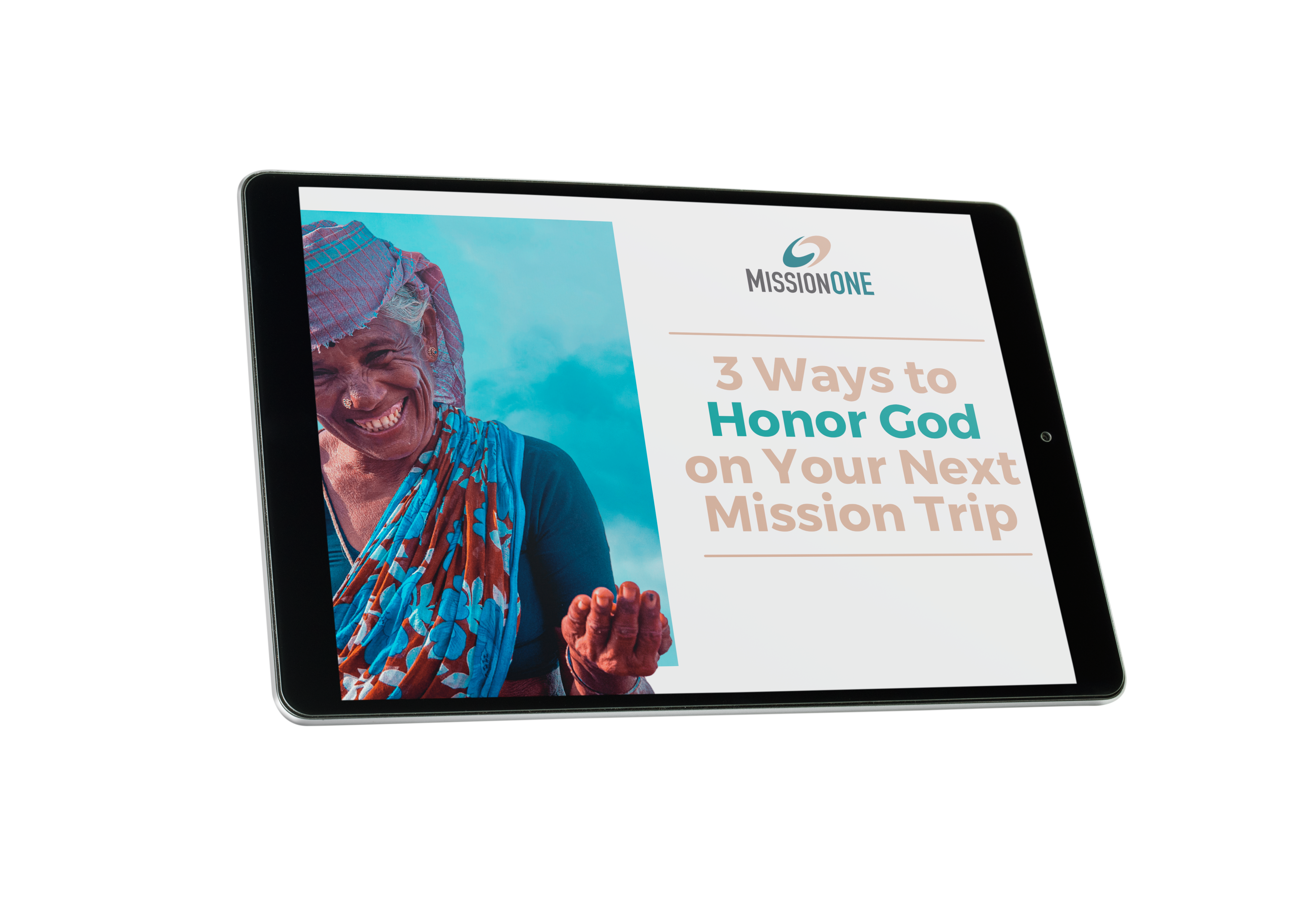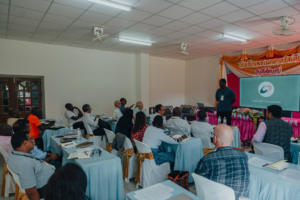By Jackie Parks, Coordinator of Strategic Projects: North Africa & the Middle East
This Holy Week is unlike anything we’ve ever experienced before. It’s hard to know how to process and celebrate in the midst of crisis and uncertainty. For most of us, in person church services and normal Easter celebrations have been moved to the digital world. This week that is normally filled with preparations for services and meals is now a week filled with social distancing and doing the same things we have been doing for the past couple of weeks. It’s hard to know how to prepare our hearts for this week that is the most significant for our faith.
I have found that my work of connecting with our International partners has been exactly what my faith needed during this time of crisis. We have received daily reports of the work that is happening to care for community members in the face of crisis. There are food rations to be collected and medical supplies to be found. There are widows and orphans that need to be checked on and refugees who still need heat in the midst of winter.
This week, I have been studying through the Gospel of Matthew chapters 21-27 to understand fully how Jesus spent his last week on earth – this week before His death and resurrection. What were the lessons he wanted to leave with his disciples? What were the truths about the Kingdom of God that he wanted to stick with them? It didn’t occur to me until this week that some of the most important Gospel Truths (the ones we consider “quotable”) were all spoken by Jesus between his triumphal entry and his death. He is giving the disciples last minute reminders of what living in the Kingdom of God should look like: the truth of the faith being known by fruit (21:43); the upside down nature of the Kingdom – the people invited are the ones who are usually forgotten (22:8-10); the Greatest Commandment (22:34-40); being expectant, prepared, and using what you have been given fully for the Kingdom of God (25:1-28). This all culminates with these verses,
“’Come, you who are blessed by my Father; take your inheritance, the kingdom prepared for you since the creation of the world. For I was hungry and you gave me something to eat, I was thirsty and you gave me something to drink, I was a stranger and you invited me in, I needed clothes and you clothed me, I was sick and you looked after me, I was in prison and you came to visit me’. Then the righteous will answer him, ‘Lord when did we see you hungry and fed you, or thirsty and give you something to drink? When did we see you a stranger and invite you in, or needing clothes and clothe you? When did we see you sick or in prison and go to visit you?’ The King will reply, ‘I tell you the truth, whatever you did for one of the least of these brothers of mine, you did for me.’” Matthew 25:34-40
As I’ve been meditating on these truths and hearing stories from our partners this week, I’ve realized that they are spending their Holy Week doing the exact things that Jesus spoke about during His Holy week. This is why I have hope and joy, even during this time of crisis. Our partners around the world are feeding the hungry, visiting the sick, loving their neighbors as themselves, and using their time and talents to proclaim the Kingdom of God with their words and deeds. They are inviting the poor and marginalized to experience the goodness of this upside Kingdom in the midst of crisis. They are proclaiming the Gospel from rooftops through the verbal proclamation and through providing food rations to widows and refugees in their communities. It is a beautiful thing to witness.
May we all follow the lead of the Global church in our discipleship of our Lord and Savior Jesus Christ. During this Holy week, may we be ambassadors of this Kingdom that Jesus invited us into. May we be the aroma of Christ, those Kingdom participants who are both proclaiming to the world the truth of our risen Christ and proving our citizenship by our deeds done in faith.
Search the Blog
Free Resource

3 Ways to Honor God on Your Next Mission Trip
We're sharing three things you should consider before you organize or participate in an international mission trip, seek to do work in the multicultural neighborhood in your own city, or embark on any cross-cultural partnership.

